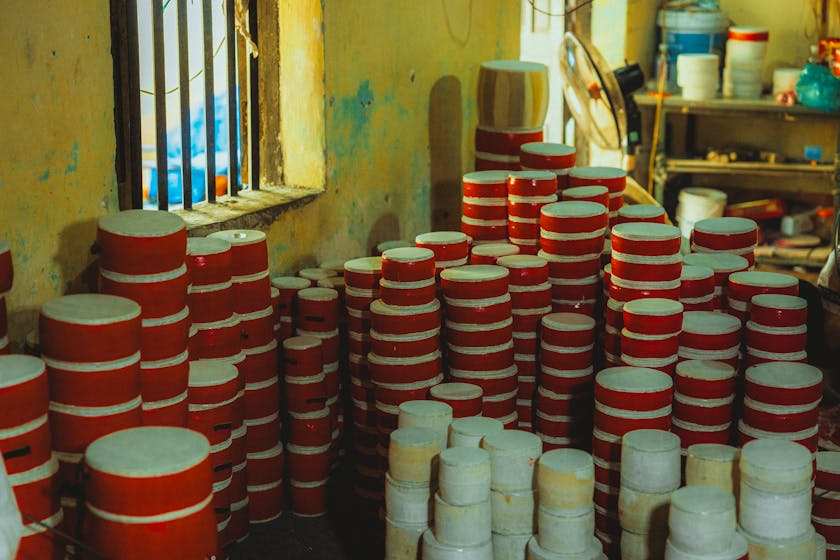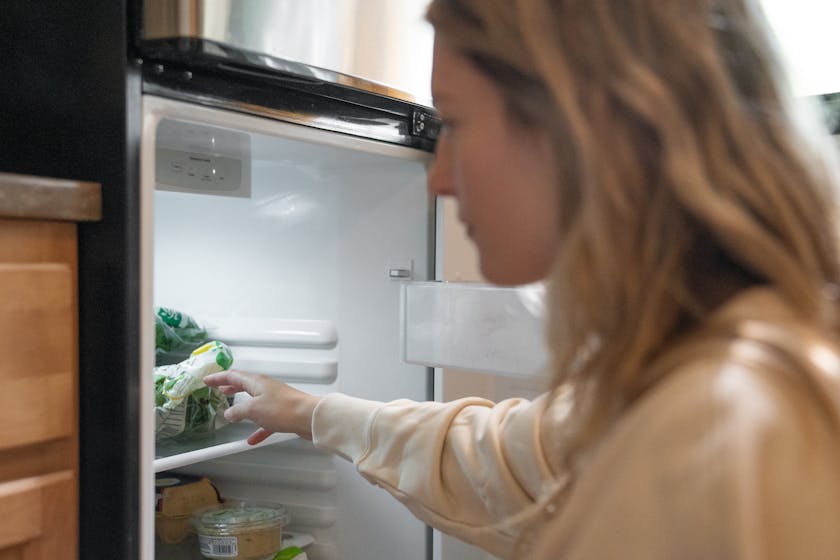When it comes to emergency preparedness, bulk meal storage is a crucial component that can provide peace of mind and practical sustenance in times of need. Ensuring you have a well-planned supply of food can be the difference between comfort and hardship during unexpected situations. In this post, we delve into the essentials of bulk meal storage, providing you with a comprehensive guide to maintain your food reserves effectively.
Understanding the Importance of Bulk Meal Storage
Before diving into the how-to of bulk meal storage, it’s important to understand why it’s essential for emergency preparedness. Natural disasters, pandemics, and other unforeseen events can disrupt the normal supply chain, making it difficult to access fresh food. Having a stockpile of meals can help you maintain nutritional intake during these times without the stress of finding supplies.
Selecting the Right Foods for Your Storage
Not all foods are suitable for long-term storage. When selecting items for your bulk meal reserves, focus on non-perishable foods that have a long shelf life and require minimal preparation. Some excellent options include:
- Dried grains like rice, quinoa, and oats
- Legumes such as beans, lentils, and chickpeas
- Canned goods, including vegetables, fruits, and meats
- Dehydrated or freeze-dried meals
- Nuts, seeds, and their butters
- Powdered milk and protein powders
Remember to consider dietary restrictions and preferences to ensure everyone in your household can enjoy the stored meals.
Storing Your Bulk Meals Safely
Proper storage is vital to prevent spoilage and waste. Here are some guidelines to keep your food safe:
- Store food in a cool, dark, and dry place to prevent degradation.
- Use airtight containers to protect from pests and moisture.
- Rotate your stock regularly to use items before they expire.
- Label containers with purchase or packaging dates for easy rotation.
- Consider vacuum sealing for added protection and longevity.
By adhering to these storage practices, you can ensure your bulk meals remain fresh and nutritious for when you need them most.
Calculating Your Food Needs
Knowing how much food to store can be challenging. A good rule of thumb is to have at least a three-day supply for immediate emergencies, but for extended preparedness, aim for a supply that can last several weeks to months. Calculate your needs based on the number of people in your household and their daily calorie intake.
Integrating Bulk Meals into Your Regular Diet
To avoid wasting food and to stay familiar with your emergency meals, integrate some of your stored food into your regular diet. This practice not only helps with rotation but also allows you to adjust to the taste and preparation methods of your stored food.
Tools and Equipment for Meal Preparation
In an emergency, you may not have access to your usual kitchen amenities. Include basic cooking tools in your preparedness kit:
- Manual can opener
- Portable stove or grill
- Fuel for cooking
- Utensils and cookware
- Water purification methods
Being prepared to cook with limited resources will make your bulk meal storage even more valuable.
Maintaining Nutritional Balance
While bulk foods can sustain you, it’s crucial to maintain a balanced diet. Include a variety of vitamins and minerals in your storage plan, and consider supplementing with multivitamins if necessary.
Emergency preparedness is a continuous process, and bulk meal storage is a significant part of that journey. By following these guidelines, you can create a robust and reliable food reserve that will serve you well during any emergency. Start small, plan carefully, and build up your supplies over time to ensure you and your loved ones are always prepared.


